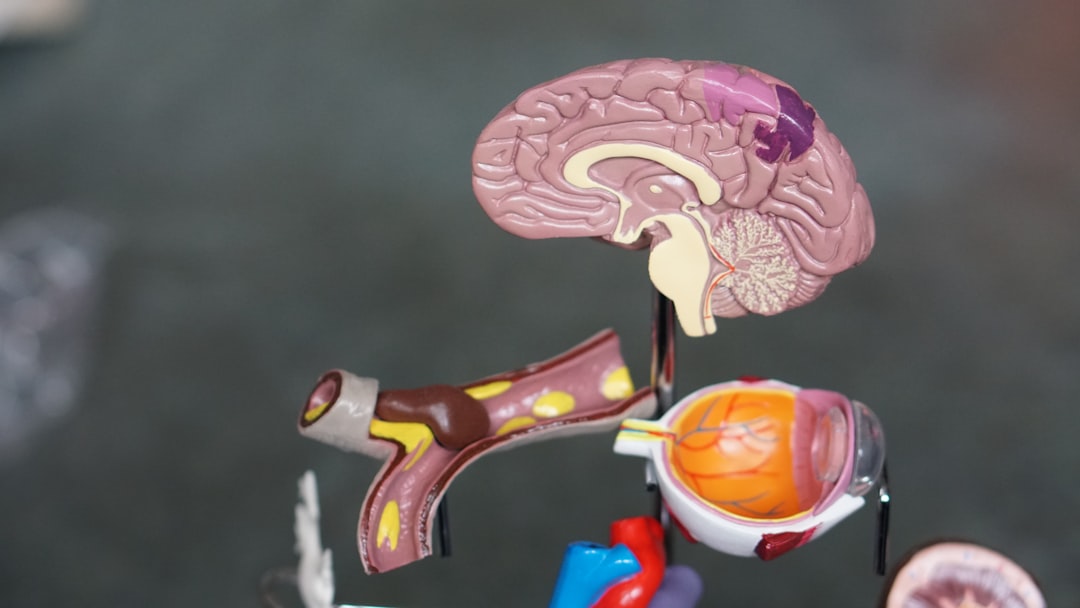What is it about?
Obesity is a chronic disease in which accumulation of excess body fat can result in impaired health. In cases of severe obesity, weight loss surgery can be necessary as a treatment. There are different forms of surgery but the common basic principle is to restrict food intake and decrease the absorption of food in the stomach and intestines. As a consequence, there is a higher risk of developing harmful nutrient deficiency after surgery and supplementation of protein, vitamins, and minerals can be necessary. This study evaluates intakes of protein, vitamins, and minerals in patients with weight loss surgery and looks at the role of age, sex, and socioeconomic status in this context.
Featured Image

Photo by AllGo - An App For Plus Size People on Unsplash
Why is it important?
Older patients and those with lower socioeconomic status might be at higher risk of unfavorable outcome following bariatric surgery. It may be indicated to pay special attention to these groups during follow-up.
Read the Original
This page is a summary of: Associations of age, sex, and socioeconomic status with adherence to guideline recommendations on protein intake and micronutrient supplementation in patients with sleeve gastrectomy or Roux-en-Y gastric bypass, PLoS ONE, March 2023, PLOS,
DOI: 10.1371/journal.pone.0282683.
You can read the full text:
Contributors
The following have contributed to this page










